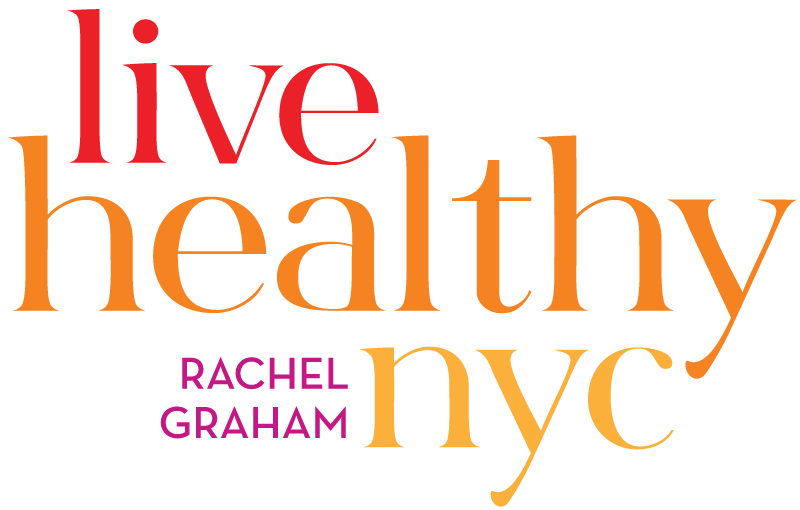I had one of those moments the other day. I had just finished what I thought was a satisfying lunch—protein, veggies, the whole balanced plate thing. I walked away from the table feeling full, content even. But not more than an hour later, I found myself hovering in front of the pantry, RAVENOUS. It was like something switched on inside me, a bottomless pit had opened up, and I was ready to raid the kitchen.
“What is wrong with me?” I asked myself. I’m not a growing teenager. I’m not in the middle of any kind of hormonal upheaval (at least, not the kind I could immediately blame). And, I had just eaten. So why did I still feel so hungry?
This used to be the point where I’d either criticize myself for being "too hungry" or try to ignore the hunger altogether—distract myself, drink more water, chew gum. But these days, I practice intuitive eating, and that’s changed everything about how I respond to hunger—especially when it doesn’t seem to “make sense.”
If this sounds familiar, you’re not alone. And no—there’s nothing wrong with you. So, my thoughts are to take a breath and ask myself: What kind of hunger am I feeling right now? And here are some of the types of hunger we are dealing with:
1) There’s physical hunger- the kind that comes on gradually and usually after a few hours without food.
2) There’s emotional hunger- which tends to be more sudden, often tied to stress, boredom, or even joy.
3) There’s what I like to call unmet need hunger. This one’s sneaky. It happens when we eat a meal that’s physically filling, but something about it didn’t actually satisfy us.
Maybe we didn’t eat enough.
Maybe we were distracted and didn’t really experience the meal.
Maybe we were trying to be “good” and skipped the carbs or the dressing or that piece of bread we really wanted.
Maybe we were craving something comforting and tried to substitute it with a salad when what we truly needed was warmth, richness, or nostalgia on a plate.
Intuitive eating invites us to pause and ask deeper questions.
Instead of jumping into self-judgment (“I just ate—why am I like this?”), we can gently check in:
Did I eat enough for my body’s needs today?
Was my meal satisfying—not just in quantity but in flavor, texture, and fullness?
Am I actually hungry for food, or am I needing rest, connection, or comfort right now?\
So often, our bodies are simply trying to get our attention. Hunger after eating isn’t always about food—it’s about something more. It’s an invitation to listen. To trust.
Here’s the truth: You are not a machine. You don’t run on a schedule that demands you only eat every four hours. Your hunger is not the enemy. It’s just your body’s way of saying, “Hey, I still need something.”
And when we approach those moments with curiosity instead of shame, we create space for true nourishment—on every level.
Next time the pantry calls after lunch, try this: pause, breathe, ask what you really need. The answer might surprise you.
As a licensed Clinical Behavioral Therapist and Intuitive Eating Counselor, I’m here to help you integrate these practices into your life. If you're interested in working with me, feel free to reach out at rachel@livehealthynyc.com

